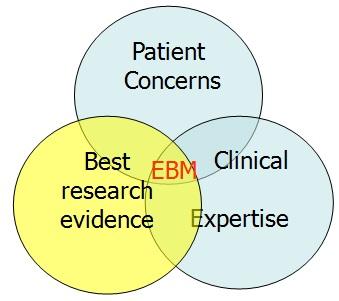The importance of government policies cannot be underestimated since they shape different nations’ attitudes to various problems and concerns closely related to everyday life. However, at the same time, using official policies as the key references in any situations that involve ethical concerns cannot be called the best option. For instance, in her award-winning essay about abortion, Mendoza (2004) demonstrates that some abortion laws in the United States place pregnant women who find out that the fetus is dead in a difficult position. This example proves that in some cases, state policies do not support patients’ interests and therefore, should not play the primary role in decision-making.
The role of state policies in decisions made by healthcare providers to help their patients may need to become less important in some instances. For example, speaking about the case of Mendoza (2004) and similar situations involving intrauterine fetal death, healthcare specialists should be able to use decision-making practices that maximize positive outcomes for their patients. In the mentioned case, even though there were some legal opportunities to remove the dead fetus, it was difficult for the woman to find a qualified specialist nearby.
To avoid health complications, it is necessary to make all government policies referring to doctors’ decisions health-oriented and evidence-based (see Fig. 2). Nowadays, however, there are countries that use abortion policies informed by quasi-religious arguments.
In general, the rules and limitations concerning the use of government policies in doctor-patient decisions should be centered on the well-being of a person receiving treatment. Concerning late-term abortions and other sensitive topics, such policies can facilitate decision-making if they are supported with high-quality evidence and minimize the risks of complications. To put it in other words, the use of state policies in health decisions should depend on the extent to which they protect patients’ health.

References
Health care issues. (2018). In Opposing Viewpoints Online Collection. Detroit, MI: Gale. Web.
Mendoza, M. (2004). Between a woman and her doctor: A story about abortion you will never forget. Ms Magazine. Web.
SafeMinds. (n.d.). Evidence-based medicine. Web.
WHO. (2017). Health for all. Web.